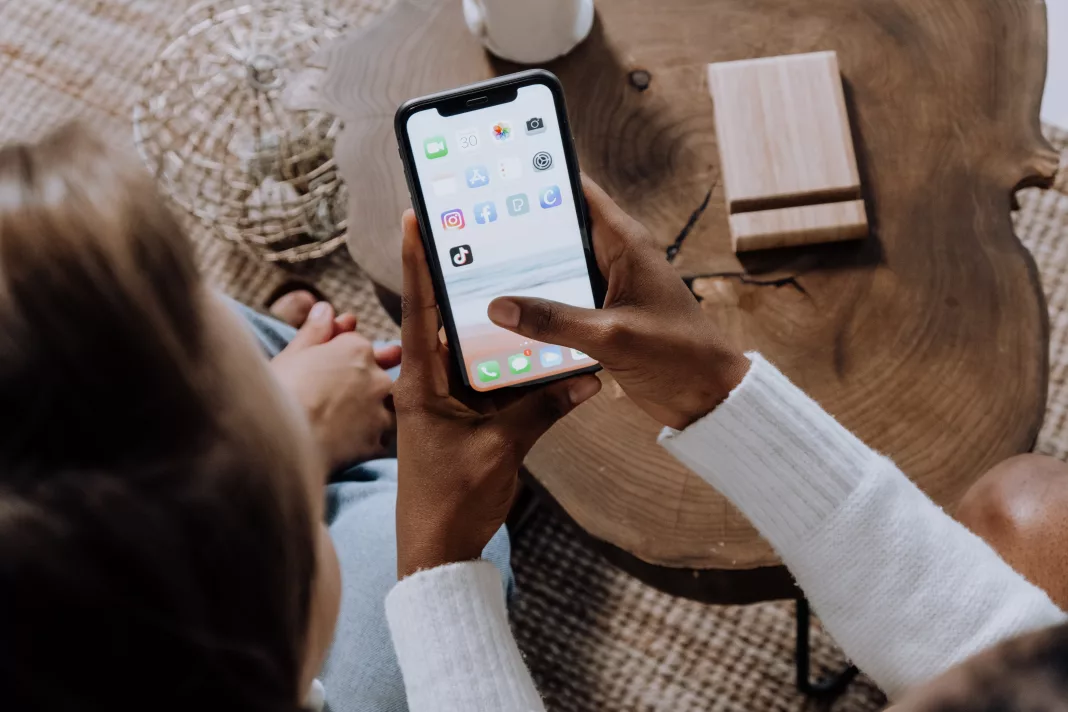They say you leave Oxford with one of three things: a first, a Blue, or a spouse. I can’t do sports, and I’m more of a slightly mouldy academic sponge than an academic weapon. So, marriage it is, I guess. But dating in Oxford is quite possibly a new circle of hell. Dating within your course is awful; I missed about half of my lecture series last term because of a drunken mistake. Dating within college is just so convenient until suddenly you can’t go to the library because seeing that person would be too awkward. Even joining societies is no use: one misstep and you can never return. Ultimately, the only real option is a dating app. Good old Hinge.
I wish I could say that Hinge, or any other dating app, is a good idea. But between my flatmate spending hours trying to find my profile and then messaging me “you want me”, and the guy who told me that by the time he was done my “guts would look like Zeus’s hair”, Hinge has been nothing but a solidly harrowing experience. I’m not saying it’s impossible to find love on Hinge – I’m sure some people do – but if given the choice between going out with my friends or trekking the twenty minutes to Magdalen to hook up with a postgrad who said he “likes undergrad historians”, making the choice to go on dates becomes less and less tempting.
What is it about dating apps that has had this impact? Why is it that people feel comfortable sending messages that are too graphic to put into this article, when they would never say the same thing to a stranger at a bar? Online anonymity has been an issue since its advent, yet it can become so awful on dating apps. I guess there’s something to be said for the relative anonymity of dating apps: if you don’t like the person, you can just unmatch them and never see them again. It’s easier than having to end things. It’s also taken all of the love out of dating.
Hinge is dehumanising. Six photos and three prompts to sum up a person. Are you vulnerable? Funny? Sarcastic? Charming? I have said before that Lord Byron would have loved Hinge, but I no longer think that’s true. How would a poet describe themselves on Hinge? Humans separate ourselves from animals through communication, so what are we when that communication is stripped down to its bare bones? We take ourselves apart for the sake of the hope of finding love, and our parts don’t even approach what makes us whole. Nothing will make you realise this like seeing your friends’ Hinge profiles – seeing the people you love reduced to a few words and photos. Seeing people who you’ve made memories with and stayed up until 2am laughing with make themselves fit into small palatable boxes – and for what?
It’s not like the matching part of Hinge is any less dehumanising. It’s a modern problem: choice overwhelms us. You don’t want to rule anyone out, because what if no one likes you, what if you’re unlovable? You match with people you have no real interest in simply because you need to feel wanted. You accept people who have matched with you even if they’re not your type because the validation you get from them sending you a Rose makes you feel like you’re worth something. Every minute you spend on Hinge, your self-worth becomes more and more inextricable from your looks. People don’t care about personality on Hinge. It doesn’t matter if you have nothing in common. All of us become vapid and shallow, seeking validation from whoever will give it to us.
I think dating apps have ruined love for me, just a little. The hopeless romantic who grew up on Disney movies and romcoms is gone; the cynic rules now. People are no longer people on Hinge: we’re options, like choices in a Tesco meal deal. Hinge isn’t good or bad, it’s just ugly, and it’s made dating uglier too.


